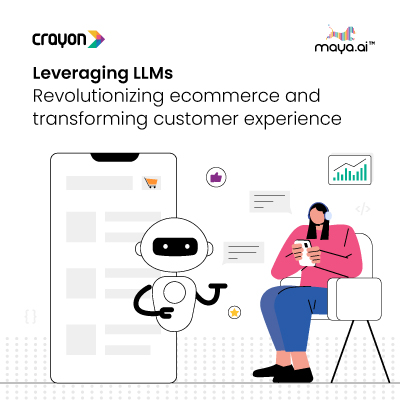56% of people owned at least one wearable device at the end of last year, and the wearables market is constantly growing. The availability of personalized health data is a huge attraction for many people, particularly as the awareness of the importance of health and fitness increases. However, the individual isn’t the only one who benefits from wearable technology: corporations do too, and taking no small share of the pie is the insurance industry. Insurance companies stand to benefit from each new piece of data-driven technology: the more information they can collect on an individual, the more closely they can tailor policies to fit an individual situation. What the data collected from wearables can do is make the insurance sector, a historically reactive industry, more proactive, and this enables them to work as a tool for health improvement, as well as covering individuals when things go wrong.
Personal data in exchange for reduced costs
A report from Accenture last year showed that nearly 60% of consumers would be prepared to share personal information with providers in exchange for lower prices. Many people would like to access insurance on more products that they currently can’t afford: for some people, sharing a little personal data is a small price to pay to access that service. A good example is home appliance insurance: this covers the cost of repairing appliances in the home that may have been damaged by standard wear and tear. Many people would like the peace of mind this type of insurance brings, but as it’s not as essential as health or contents insurance, it tends to slide lower down the priorities list. A lot of consumers would welcome being able to access this in exchange for a small amount of personal information. In this case, IoT devices are best equipped to collect the relevant data, but when it comes to health insurance, it’s wearables that have the edge.
The potential to be proactive in health improvement
Wearable devices collect information on heart rate, activity levels, sleep and diet. Insurance providers are still largely reliant on traditional forms to gather information, but the solid data collected by wearables has the potential for them to more accurately identify risks and tailor policies on an individual level. If used wisely, this kind of data could even enable providers to incentivize particular behaviors such as regular exercise, a healthy diet, and a predictable sleep pattern.
This use of personal data to create a personal risk profile is known as usage-based insurance. Reports suggest that this type of insurance can result in a reduction in claims and administration costs of 40%. Wearables have proven effective in encouraging healthy behavior and incentivizing individuals to reach their fitness goals; when the data collected from this behavior is also available to insurance companies, insurers can adjust individual plans according to personal information. If this power is harnessed effectively, it allows insurance providers to be proactive agents in individual health goals. Rather than simply reacting to our health status, they can be actively involved in helping us improve our behaviors.
Interactive insurance policies already in action
Some insurance companies are well on the way to playing this new role. One of the largest life insurance providers in North America, John Hancock, revealed its plans to focus on interactive policies based on health data in 2018. The firm uses wearable technology to create interactive policies with the permission of each client. The company’s feedback on the approach says that their policy holders enjoy reduced hospitalization costs and live between 13 and 21 years longer than individuals with traditional insurance policies. Health IQ has taken a similar approach, but their data is gathered through asking questions that encourage clients to assess their own health, rather than through wearable technology.
While there is some debate to be had around data protection and privacy, wearable technology gives insurance providers the opportunity to do some good as well as benefiting financially. Proactive insurance has the potential to not only make some forms of insurance more accessible; it also has the potential to help individuals improve their health and incur less medical costs overall.




















